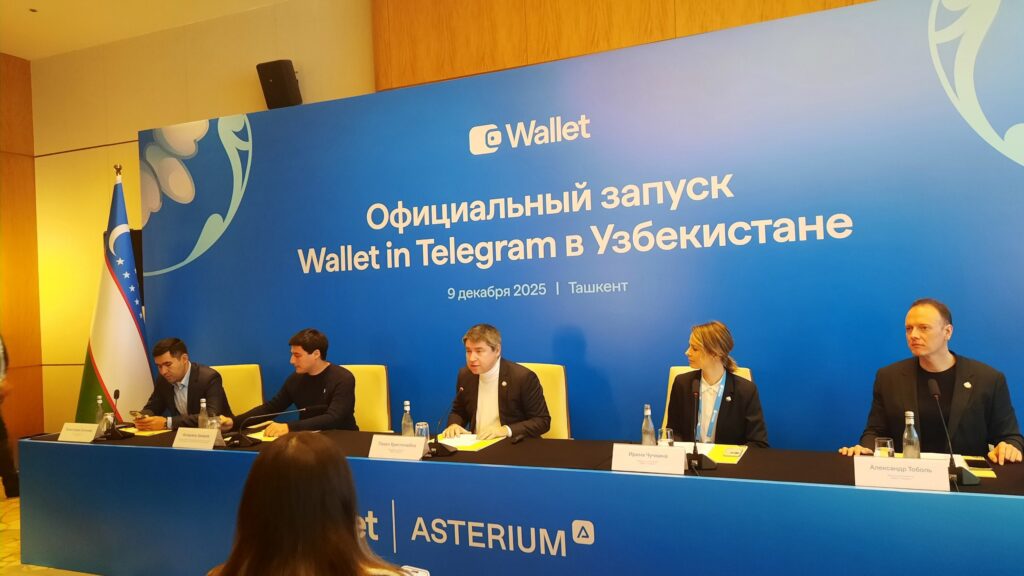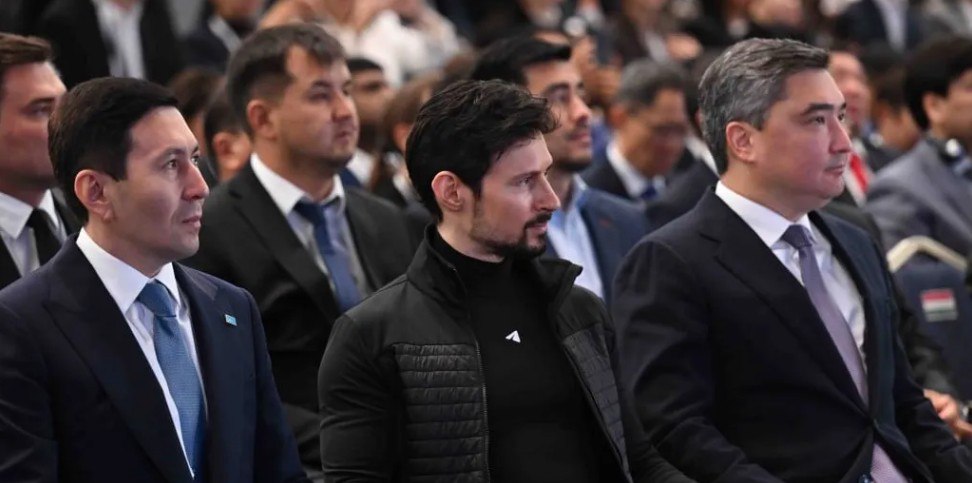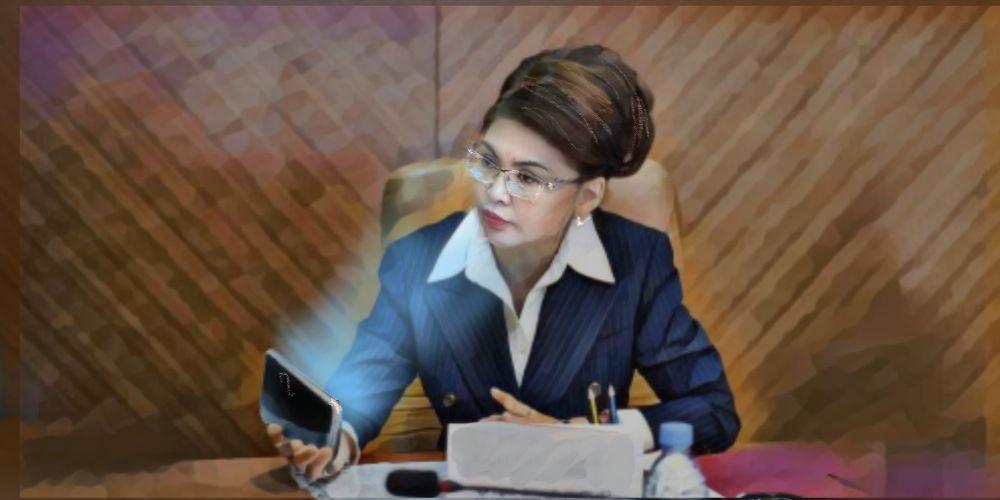Wallet in Telegram Launches in Uzbekistan, Expanding Crypto Access to Millions
Wallet in Telegram, a global digital asset service integrated directly into the Telegram messaging app, officially launched in Uzbekistan on December 9, opening up crypto access to more than 27 million local users. The move marks a major expansion of Telegram’s financial ecosystem and reinforces Uzbekistan’s role as a regional leader in regulated digital finance. The service allows users to buy, store, and transfer cryptocurrencies without needing to install additional applications. Registration takes only seconds, and transactions can be completed using local payment systems such as Humo, Visa, and Mastercard. Wallet currently supports Bitcoin, Toncoin, USDT, and over 200 other digital assets. According to the company, the goal is to make crypto transactions as seamless as sending a message, an especially relevant approach in Uzbekistan, where Telegram usage exceeds 88% of the internet-connected population. By embedding financial tools into an everyday platform, Wallet aims to normalize digital asset use and broaden access to global financial technologies. The technical infrastructure for Wallet’s Uzbekistan launch is provided by Asterium, the country’s largest crypto ecosystem and a key fintech player. Asterium is responsible for ensuring secure transactions, identity verification, and data protection. “Our mission at Asterium is to make working with crypto assets simple and accessible for everyone. Wallet in Telegram reflects our product philosophy: it is convenient, transparent, and secure, meaning it is genuinely useful for people,” said Komilhodja Sultonov, CEO of Asterium. The service was licensed by Uzbekistan’s National Agency for Perspective Projects (NAPP), the regulatory body overseeing the digital asset sector. Uzbekistan has developed one of Central Asia’s most comprehensive legal frameworks for crypto, with a strong focus on user protection and structured innovation. In response to questions from The Times of Central Asia, NAPP clarified how Wallet aligns with current regulations. Askarjon Zakirov, Head of the Crypto-Assets Turnover Sphere Development Department, emphasized that Uzbekistan legally distinguishes crypto assets from fiat currency. “Firstly, we say that a crypto asset is not a means of payment or a monetary equivalent,” he said. [caption id="attachment_40689" align="aligncenter" width="300"] @TCA/Sadokat Jalolova[/caption] Zakirov explained that crypto is treated as a form of property under Uzbek law. As such, transferring cryptocurrency is regarded as a transfer of property rights rather than a financial transaction with monetary obligations. Pavel Khristolubov, COO of Fintech and Web3 at Wallet in Telegram, also underscored the platform’s commitment to regulatory compliance. “It’s very important for us to operate within the framework of our license. This means we don't compete with local payment systems,” he said. Khristolubov added that Wallet users can choose between custodial services and non-custodial, on-chain options, offering varying degrees of freedom and security. Andrew Rogozov, CEO of The Open Platform (TOP), the technology company behind Wallet, described Uzbekistan as one of the world’s most dynamic digital markets. “By combining Telegram’s scale with regulatory clarity and high mobile adoption, we see Uzbekistan as a model for how emerging markets can leapfrog into convenient, technology-driven finance,” he said. Globally, Wallet in Telegram has over 150 million registered users. Its launch...






